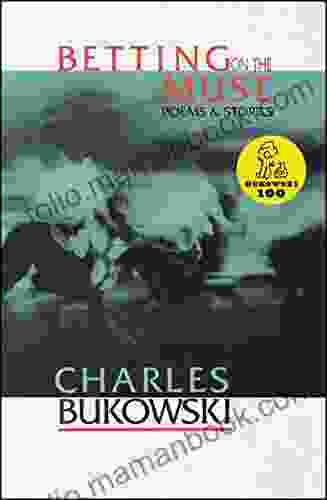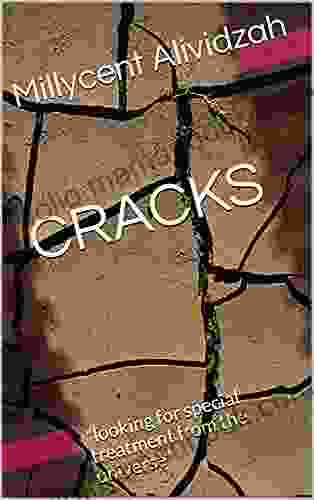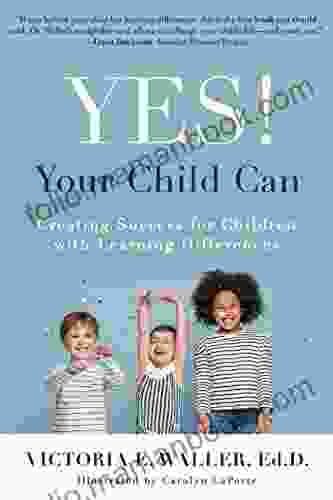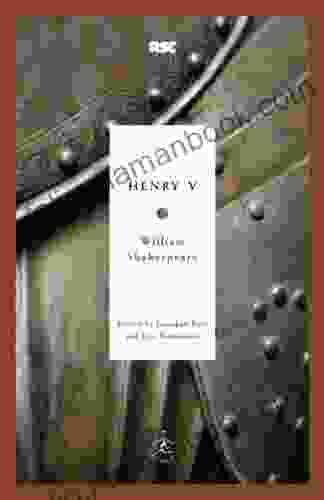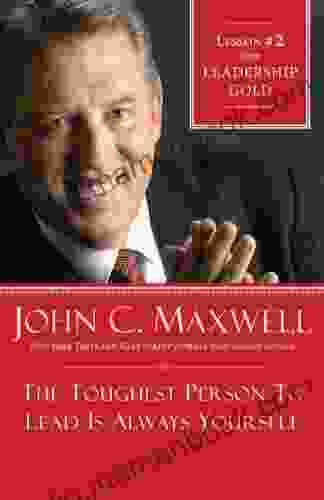Betting On The Muse: A Comprehensive Exploration of Charles Bukowski's Relationship with Alcohol and Creativity

Charles Bukowski, the celebrated American poet and novelist, was a figure known as much for his prolific output as for his turbulent lifestyle. His work, often characterized by themes of alcoholism, debauchery, and societal alienation, has captivated readers for decades, eliciting both admiration and controversy.
One of the most defining aspects of Bukowski's life and work was his complex relationship with alcohol. Drinking served as a muse for his writing, providing him with both inspiration and escape. However, it also took a heavy toll on his physical and emotional well-being. This article examines the multifaceted connection between Bukowski's alcohol consumption and his creative process, exploring both the benefits and the hazards that it brought to his life and art.
4.7 out of 5
| Language | : | English |
| File size | : | 476 KB |
| Text-to-Speech | : | Enabled |
| Screen Reader | : | Supported |
| Enhanced typesetting | : | Enabled |
| Print length | : | 589 pages |
| Hardcover | : | 552 pages |
| Lexile measure | : | 1700L |
| Item Weight | : | 2.3 pounds |
| Dimensions | : | 9.2 x 1.5 x 6.1 inches |
Alcohol as Inspiration
For Bukowski, alcohol was a gateway to a realm of uninhibited expression. Under its influence, he found it easier to tap into his subconscious and articulate his most raw and personal thoughts. In his essay "Notes of a Dirty Old Man," he wrote, "When I drink, I become more myself, more honest, more outspoken."
Alcohol allowed Bukowski to confront painful and challenging experiences that he might otherwise have suppressed or ignored. It loosened his inhibitions, enabling him to delve into the dark corners of his mind and explore themes of alienation, despair, and self-loathing. His writing often reflected the stark realism of his drunken experiences, providing a raw and unvarnished glimpse into the human condition.
One of the most striking examples of Bukowski's alcohol-fueled creativity is the poem "The Laughing Heart," written while he was living in a run-down neighborhood in Los Angeles. In this poem, Bukowski juxtaposes the laughter of a young girl with the harsh realities of his own life, creating a poignant and unforgettable image:
"and still I hear the girl laughing
and I know that I am the only
fool in the world
who could possibly care."
Alcohol as Escape
While alcohol provided Bukowski with creative inspiration, it also offered him a means of escaping his troubles. Drinking allowed him to numb his physical and emotional pain, to forget his worries, and to find temporary solace in its embrace. In his poem "The Bluebird," he wrote:
"there's a bluebird in my heart that
wants to get out
but I'm too drunk to let him."
Alcohol became a crutch for Bukowski, a way of avoiding the responsibilities and challenges of everyday life. It allowed him to retreat into a world of his own creation, where he could escape from the harsh realities of poverty, loneliness, and self-doubt.
However, the escapist aspect of Bukowski's drinking came at a steep price. His excessive alcohol consumption led to numerous health problems, including pancreatitis, liver damage, and a stroke. It also damaged his relationships with family and friends, who were often subjected to his erratic and abusive behavior when he was drunk.
The Literary Legacy of Alcohol
Despite the personal toll it took on Bukowski's life, his relationship with alcohol had a profound impact on his literary legacy. His writing, infused with the raw intensity of his own experiences, resonated with countless readers who shared his feelings of alienation and despair. His work has been translated into more than 30 languages and has sold millions of copies worldwide.
Bukowski's unflinching depiction of addiction and its consequences has served as a cautionary tale for readers struggling with their own demons. His writing has helped to destigmatize alcoholism and has provided a voice to those who have felt marginalized and voiceless.
The Dark Side of Inspiration
While alcohol undoubtedly fueled Bukowski's creativity, it also had a corrosive effect on his life and work. His excessive drinking led to numerous health problems and damaged his relationships with others.
Bukowski himself was aware of the destructive power of alcohol. In his poem "The Genius of the Crowd," he wrote:
"the genius of the crowd is slow to catch on
to the fact that I am dying
of too much genius."
Bukowski's words serve as a grim reminder of the dangers of excessive alcohol consumption. While alcohol may provide temporary inspiration, it can ultimately lead to a downward spiral of addiction and self-destruction.
Charles Bukowski's relationship with alcohol was a complex and often contradictory one. It provided him with both inspiration and escape, fueling his creativity while also taking a heavy toll on his life and well-being. Bukowski's literary legacy, marked by its raw intensity and unflinching honesty, is a testament to the transformative power of both artistic genius and personal suffering.
By examining the multifaceted connection between Bukowski's alcohol consumption and his creative process, we gain a deeper understanding of the complexities of human nature. We learn that inspiration can come from unexpected and often dangerous sources, and that the pursuit of artistic greatness can come at a great personal cost.
Ultimately, Bukowski's story serves as a cautionary tale about the dangers of excessive alcohol consumption and the importance of seeking help for addiction. While alcohol may provide temporary solace, it can ultimately lead to a downward spiral of self-destruction. It is only through confronting our demons and embracing our vulnerability that we can truly achieve fulfillment and meaning in life.
4.7 out of 5
| Language | : | English |
| File size | : | 476 KB |
| Text-to-Speech | : | Enabled |
| Screen Reader | : | Supported |
| Enhanced typesetting | : | Enabled |
| Print length | : | 589 pages |
| Hardcover | : | 552 pages |
| Lexile measure | : | 1700L |
| Item Weight | : | 2.3 pounds |
| Dimensions | : | 9.2 x 1.5 x 6.1 inches |
Do you want to contribute by writing guest posts on this blog?
Please contact us and send us a resume of previous articles that you have written.
 Top Book
Top Book Novel
Novel Fiction
Fiction Nonfiction
Nonfiction Literature
Literature Paperback
Paperback Hardcover
Hardcover E-book
E-book Audiobook
Audiobook Bestseller
Bestseller Classic
Classic Mystery
Mystery Thriller
Thriller Romance
Romance Fantasy
Fantasy Science Fiction
Science Fiction Biography
Biography Memoir
Memoir Autobiography
Autobiography Poetry
Poetry Drama
Drama Historical Fiction
Historical Fiction Self-help
Self-help Young Adult
Young Adult Childrens Books
Childrens Books Graphic Novel
Graphic Novel Anthology
Anthology Series
Series Encyclopedia
Encyclopedia Reference
Reference Guidebook
Guidebook Textbook
Textbook Workbook
Workbook Journal
Journal Diary
Diary Manuscript
Manuscript Folio
Folio Pulp Fiction
Pulp Fiction Short Stories
Short Stories Fairy Tales
Fairy Tales Fables
Fables Mythology
Mythology Philosophy
Philosophy Religion
Religion Spirituality
Spirituality Essays
Essays Critique
Critique Commentary
Commentary Glossary
Glossary Bibliography
Bibliography Index
Index Table of Contents
Table of Contents Preface
Preface Introduction
Introduction Foreword
Foreword Afterword
Afterword Appendices
Appendices Annotations
Annotations Footnotes
Footnotes Epilogue
Epilogue Prologue
Prologue Renetta Deblase
Renetta Deblase Ann Burgess
Ann Burgess David Snodin
David Snodin Christina Escamilla
Christina Escamilla Thomas Piketty
Thomas Piketty Lucy Ashford
Lucy Ashford Dan Abrams
Dan Abrams Reprint Edition Kindle Edition
Reprint Edition Kindle Edition Lorraine Eden
Lorraine Eden Sally J Rogers
Sally J Rogers Eric Jager
Eric Jager Melinda Clayton
Melinda Clayton Carmen Domingo
Carmen Domingo Charles Lamb
Charles Lamb Gayle Van Horn
Gayle Van Horn Robert P French
Robert P French Vinayak Venkataraman
Vinayak Venkataraman Timothy Snyder
Timothy Snyder Jennifer Perkins
Jennifer Perkins Felix Petzel
Felix Petzel
Light bulbAdvertise smarter! Our strategic ad space ensures maximum exposure. Reserve your spot today!
 Floyd RichardsonFollow ·15.5k
Floyd RichardsonFollow ·15.5k Steven HayesFollow ·15.2k
Steven HayesFollow ·15.2k Virginia WoolfFollow ·10k
Virginia WoolfFollow ·10k Mark TwainFollow ·14.9k
Mark TwainFollow ·14.9k Andy ColeFollow ·8.1k
Andy ColeFollow ·8.1k Simon MitchellFollow ·5.4k
Simon MitchellFollow ·5.4k Ronald SimmonsFollow ·12.4k
Ronald SimmonsFollow ·12.4k Kenzaburō ŌeFollow ·9.9k
Kenzaburō ŌeFollow ·9.9k
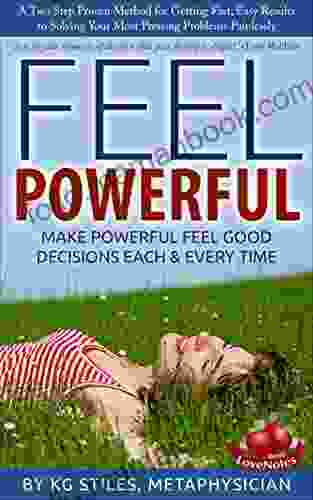
 Dean Cox
Dean CoxHow to Make Decisions Easily & Effortlessly: The...
The Different Types of Decisions There...
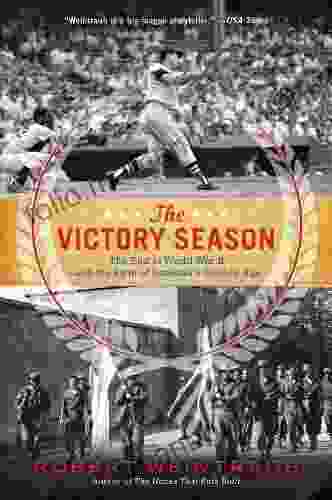
 Gustavo Cox
Gustavo CoxThe End of World War II and the Birth of Baseball's...
The end of...

 Patrick Rothfuss
Patrick RothfussThe Dantes: An 11-Family Saga of Billionaires, Soulmates,...
The Dantes is an epic family saga that follows...
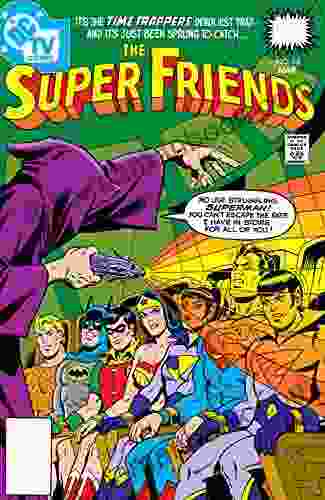
 Dylan Mitchell
Dylan MitchellSuper Friends: The Animated Adventures That Defined a...
In the vibrant landscape of American...

 Jamal Blair
Jamal BlairCollege For Students With Disabilities: We Do Belong
College can be a...
4.7 out of 5
| Language | : | English |
| File size | : | 476 KB |
| Text-to-Speech | : | Enabled |
| Screen Reader | : | Supported |
| Enhanced typesetting | : | Enabled |
| Print length | : | 589 pages |
| Hardcover | : | 552 pages |
| Lexile measure | : | 1700L |
| Item Weight | : | 2.3 pounds |
| Dimensions | : | 9.2 x 1.5 x 6.1 inches |


